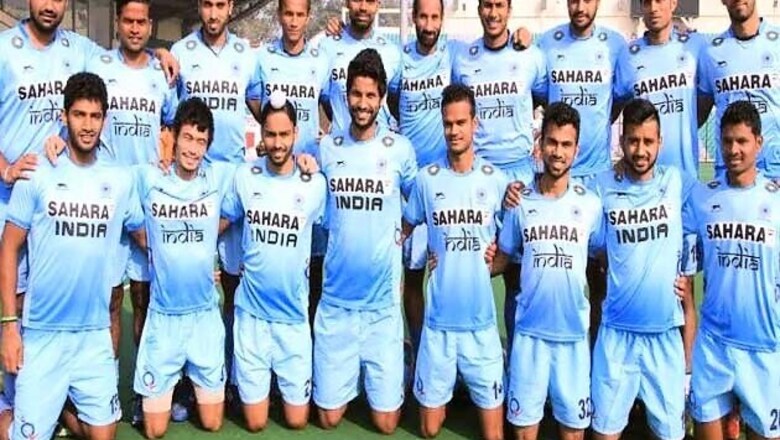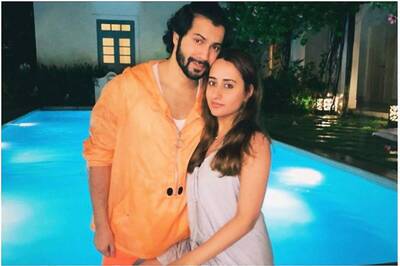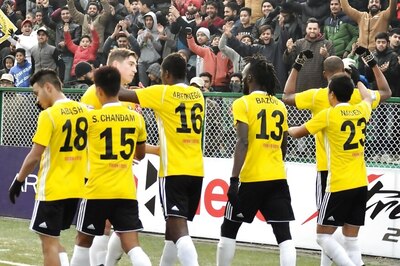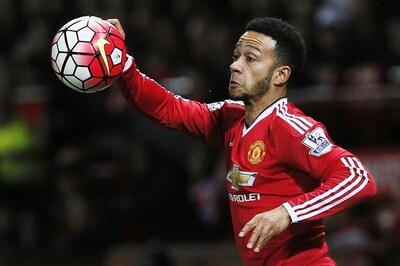
views
With a rare success of three medals in a row at major sporting events beckoning Indian hockey, Bhubaneswar will become the epicentre of hockey fans in the country once the Champions Trophy begins December 6 in the Temple City of India.
The Glasgow Commonwealth Games and the Incheon Asian Games were the major highlights of 2014 for Indian hockey - with a silver in Glasgow turning into gold at Incheon, easing the nerves by securing a berth for the 2016 Rio Olympics.
And when Sardar Singh's boys surprised the Kookaburas Down Under with a 3-1 series win, the country's hopes of winning its second medal at the Champions Trophy rose a fair bit.
But there's one change: the man who guided India to an Asiad gold after 16 years, Terry Walsh, won't be there to shepherd the team.
Controversial circumstances led to Walsh's ouster from India, vacating a job that has been a bone of contention in Indian hockey with foreign coaches leaving without completing their stint.
Jose Brasa, Michael Nobbs and now Walsh have all left their coach job on an unhappy note; and India had to fall back on their High Performance Director Roelant Oltmans to guide the team at Bhubaneswar.
Oltmans is no stranger to the job; in fact, a legend at that having shaped his home nation Netherlands into champions in the past. And while it does take players a while to adjust to a new coach, it's not the case with Oltmans since he has been part of India's coaching set-up for close to two years now.
But it's not going to be easy for the Indians.
For the last 20 years, the Australians and the Europeans have had a stranglehold in the tournament, with the Aussies enjoying an overwhelming title-winning run in the last five editions. And India's last and only medal in the competition - a bronze - came about 32 years ago in 1982. They came close to breaking the jinx in the last edition at Melbourne but lost the bronze-medal playoff to archrivals Pakistan.
The format allows all eight teams to progress to the quarter-finals irrespective of the results in the pool stage, which is a cushion of sorts but placing in the pools decide how tough an opponent you face in the knockout phase.
India are place in Pool B with Netherlands, Argentina and Germany while Pool A comprises Australia, England, Belgium and Pakistan.

















Comments
0 comment